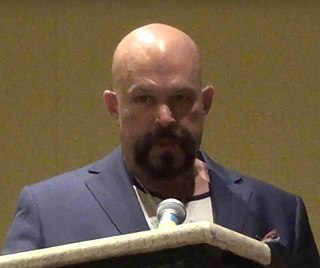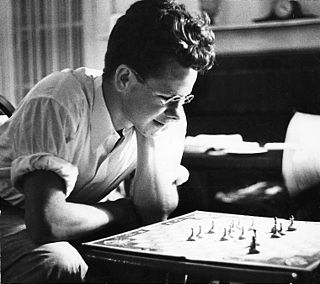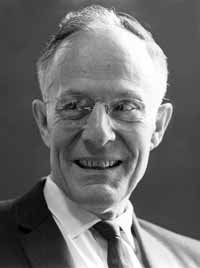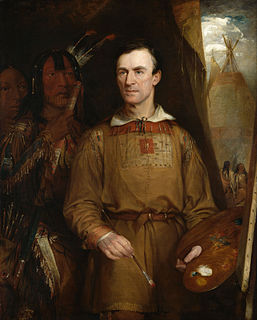A Quote by Paul Samuelson
I don't care very much for the People Magazine approach to applied economics.
Quote Topics
Related Quotes
The main point in our report was to recommend decriminalization...because of the way laws are applied, which have not worked. We have applied them for decades and it's got the prisons filled with lots of young people who sometimes come out destroyed for having half an ounce... We should approach it through education and health issues rather than a brutal reaction... There is need for change in policy, but it has to start with debate and discussion... I think the whole approach has to be reviewed.
Most of the people in the world are poor, so if we knew the economics of being poor, we would know much of the economics that really matters. Most of the world's poor people earn their living from agriculture, so if we knew the economics of agriculture, we would know much of the economics of being poor.
I started in the law; and the study of law, when it precedes the study of economics, gives you a set of foundation principles about how human beings interact. Economics is very useful, and I studied economics in graduate school. But without understanding the social and organizational context of economics, it becomes a theory without any groundwork.




































